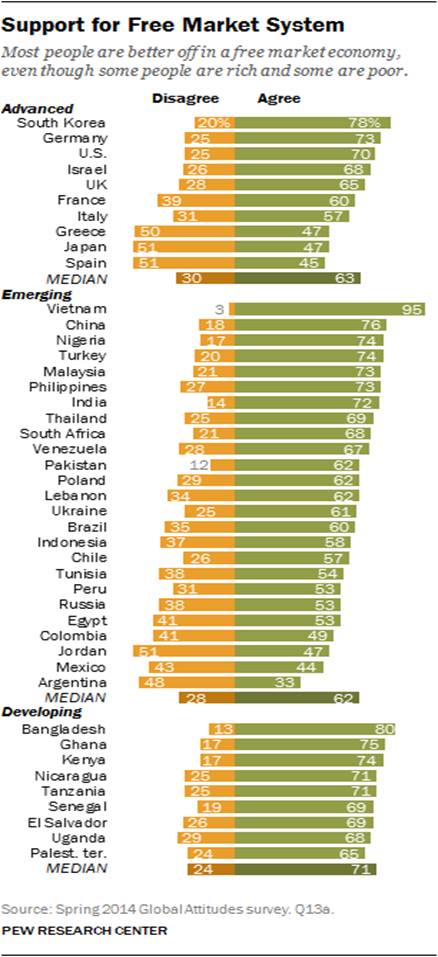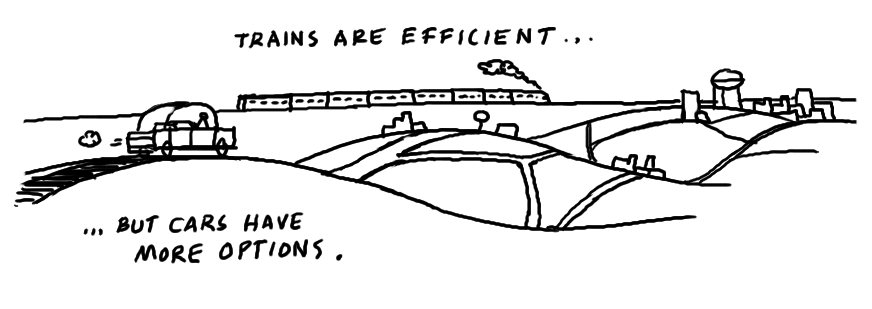- Descer na escala de valor (Outubro de 2013)
- Até teria vergonha desse feito (Setembro de 2011)
"O que se sabe é que a aquisição deixa de fora o negócio de pão de forma da Panrico. Apesar da Bimbo, conhecida por este tipo de panificação, querer a Panrico, também conhecida pela mesma produção, este produto não será comprado. A opção é uma forma de evitar problemas junto da Concorrência espanhola, segundo avança o jornal espanhol Expansión. O objectivo da Bimbo é o de que o pão de forma Panrico seja comprado por outra empresa."Uma espécie de Font Salem a caminho?
Não precisamos de ser bruxos, basta analisar a informação que se vai lendo pelos jornais e confrontá-la com o que se aprende na prática, nos livros e na reflexão.
.
E a sua empresa, também está numa de descida na escala de valor?



























